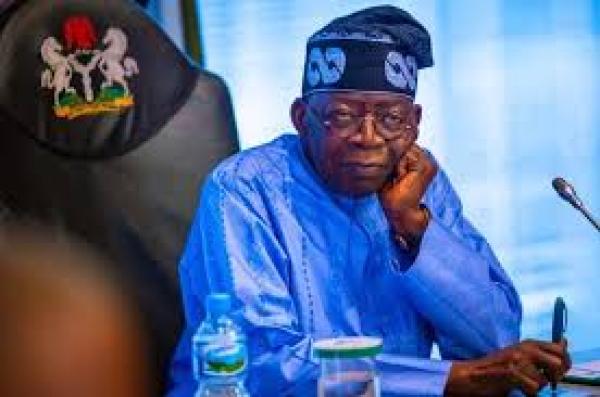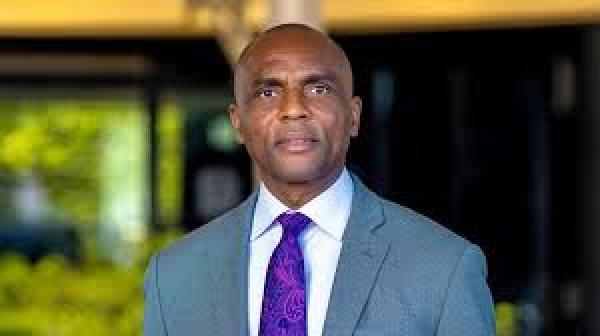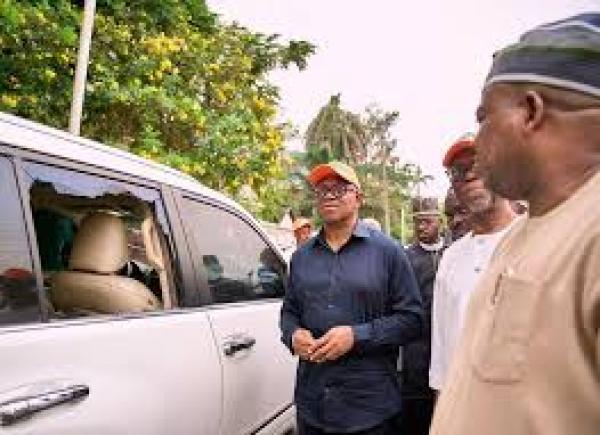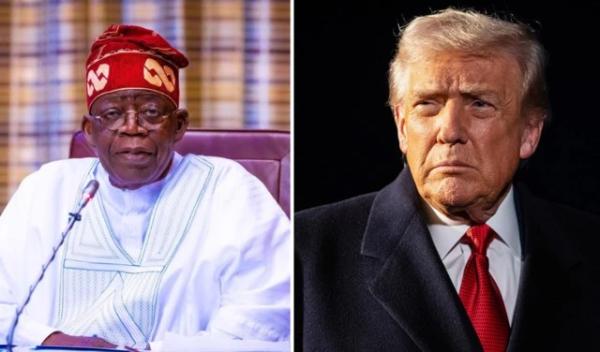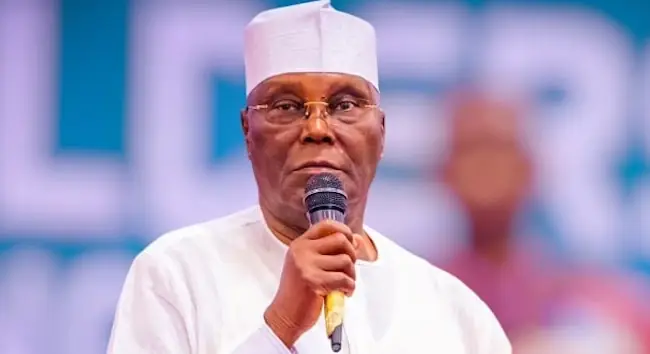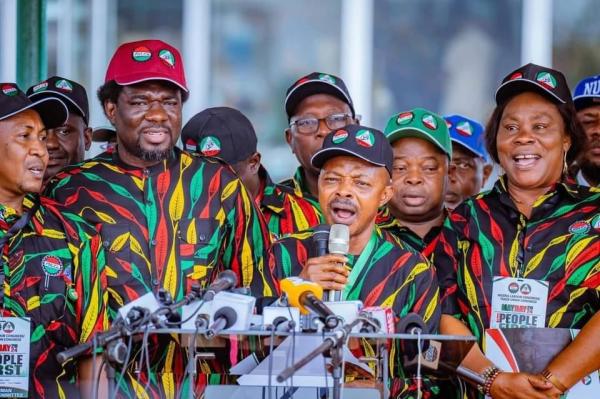
Organised Labour has stated that it is disappointing that the Chairman of the Tripartite Committee, Bukar Goni Aji, is ignorant of the economic hardship witnessed by workers and other Nigerians.
The Chairman of the Tripartite Committee on National Minimum Wage had asked Labour to reconsider the amount it demanded as minimum wage, citing the country’s prevailing economic situation.
Goni listed several incentives, including the ₦35,000 wage award for all treasury-paid federal workers, ₦100 billion for the procurement of gas-fueled buses and conversion to gas kits, the ₦125 billion conditional grant, financial inclusion for small and medium-scale enterprises, and ₦25,000 each to be shared among 15 million households for three months.
These reasons, he argued, should lead Labour to accept the ₦62,000 offered by the government, against its demand of ₦250,000.
Organised Labour insisted that its demand was based on the nationwide survey which delineated the stark economic realities for the average Nigerian family.
Speaking on behalf of Labour, one of Labour’s negotiators in the Tripartite Committee tasked the chairman to press the government to make its proposal more reflective of the economic realities and the cost of living impacting workers.
They called for transparency and realistic government offers, urging leaders to make sacrifices to ensure fair wages and prevent further suffering of workers.
The labour representative said: “We have carefully considered the chairman’s appeal for organised labour as represented by the Nigeria Labour Congress, NLC, and Trade Union Congress of Nigeria, TUC, to take into account the prevailing economic realities in the ongoing national minimum wage negotiations with the federal government and the organised private sector.
“We understand the complexity of the economic situation. However, it is imperative to address several critical points that underpin our stance.
“The call for NLC and TUC to consider economic realities is, at best, a reflection of a limited understanding of the actual hardships faced by Nigerian workers. The nationwide survey we conducted clearly delineates the stark economic realities for the average Nigerian family.
“The cost of living has escalated dramatically, driven by governmental policies that have led to increased prices of petrol, higher electricity tariffs, and a significant devaluation of the naira.
“These policies have created a situation where basic needs of workers are increasingly unaffordable.
“Our demand for a national minimum wage of ₦250,000 is not arbitrary but firmly grounded in the economic realities dictated by the current market prices of essential goods and services.
“The prices of basic commodities have skyrocketed, and the purchasing power of the average Nigerian worker has been severely eroded. It is crucial to recognize that Labour’s demand is based on comprehensive data reflecting the true cost of living in Nigeria today.
“We may wish to remind the chairman that a bag of 50kg Rice is about ₦80,000, a decent tuber of yam is about N7,000; garri is ₦3,500 for half paint bucket, bread is ₦2,000 per loaf, meat is about ₦6,000/kg, oil is about ₦2,000/75L, electricity is about ₦50,000/month, while transport is about ₦3,000 daily to and from Gwagwalada to Berger in Abuja and ₦4, 000 from Ipaja to Lagos Island daily etc.
“The chairman should know that our wages are supposed to meet these basic needs and others, and these are some of the realities that he asked us to base our demands on, which we have done since the beginning of the negotiation exercise.
“It is rather disappointing that government’s offer appears disconnected from these market realities. When we requested a breakdown of what constitutes the government’s offer, the response was not forthcoming.
‘’This lack of transparency suggests that the government is perhaps aware that its offer does not meet the basic economic needs of Nigerian workers, thereby undermining its credibility. Perhaps, government may be ashamed of the paltriness of the offer it is making to Nigerian workers, thus it is too heavy for them to mention.
“We urge you to redirect your advice towards the government to be realistic in its approach to this negotiation. The government’s offer should reflect the actual economic conditions and the cost of living faced by workers.
“It is not the NLC that is being unrealistic; rather, it is the government’s offer that fails to align with the economic dictates of the marketplace. A realistic and fair minimum wage must be grounded in the current economic realities, which our demand of ₦250,000 though falls short of what we had intended but accurately represents realities at this time. As it is, we have considered more than enough.
“We wish the government will at least show the kind of willingness to sacrifice that we have exhibited and reciprocate. Good leaders make sacrifice for the citizenry. They must give up on some of their security votes, their luxury yacht, convoys, private jets and other creatures of comfort so that Nigerian workers and people can benefit.
“We plead with the chairman to urge the government to be realistic and refuse the temptation to seek to pay a starvation wage to Nigerian workers. Our nation must not be destroyed so that the few individuals in government will continue to live in opulence while workers and citizens suffer.
“We reiterate that the NLC’s position is driven by a deep understanding of the economic hardships faced by Nigerian workers, as substantiated by our nationwide survey.
‘’We stand firm in our demand for ₦250,000 as the national minimum wage and urge the government to present a realistic offer that genuinely reflects the cost of living and the dignity of Nigerian workers.
‘’We call upon the Tripartite National Minimum Wage Negotiation Committee Chairman to advocate fairness and transparency in this critical wage-setting exercise. The resources of our nation need to be equitably and fairly distributed for national development.”












